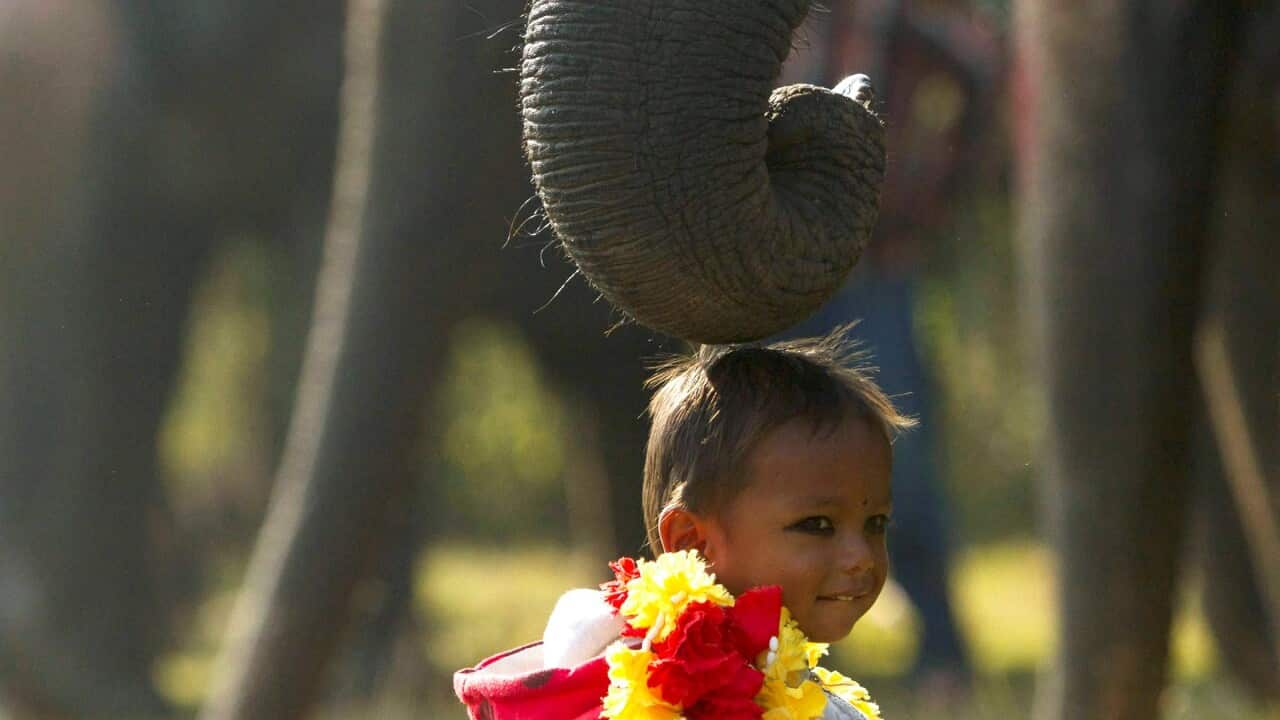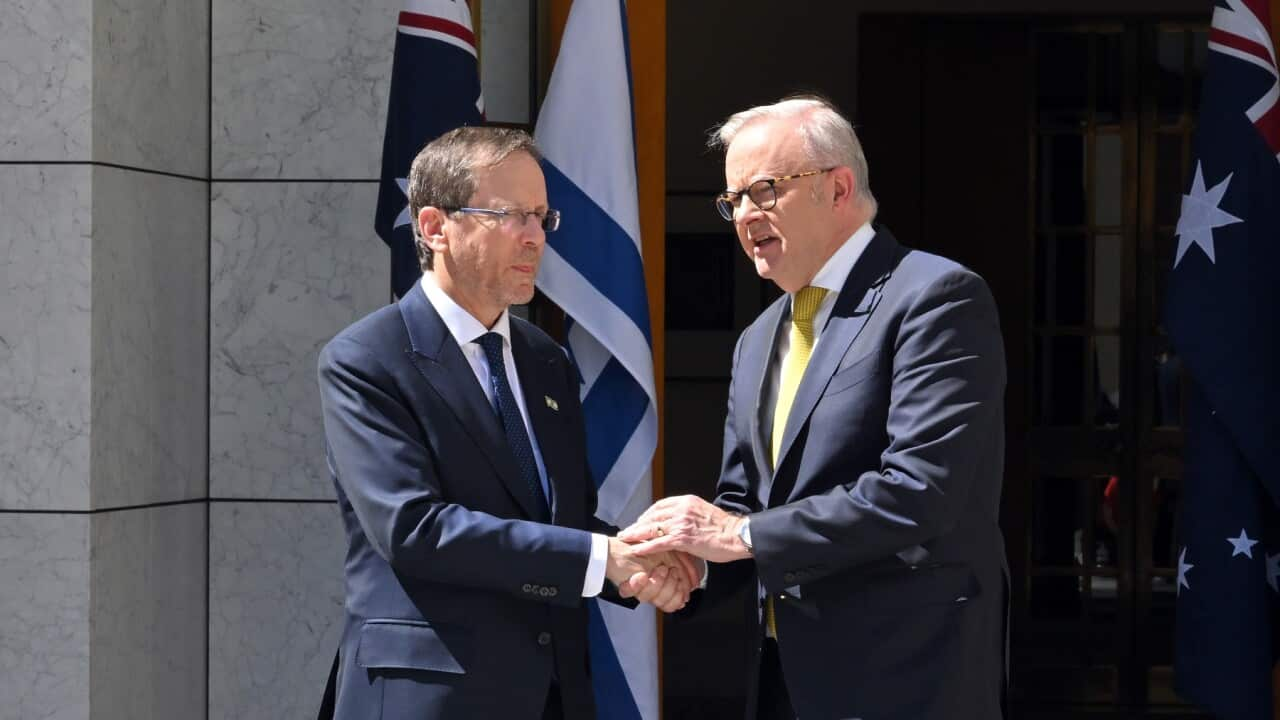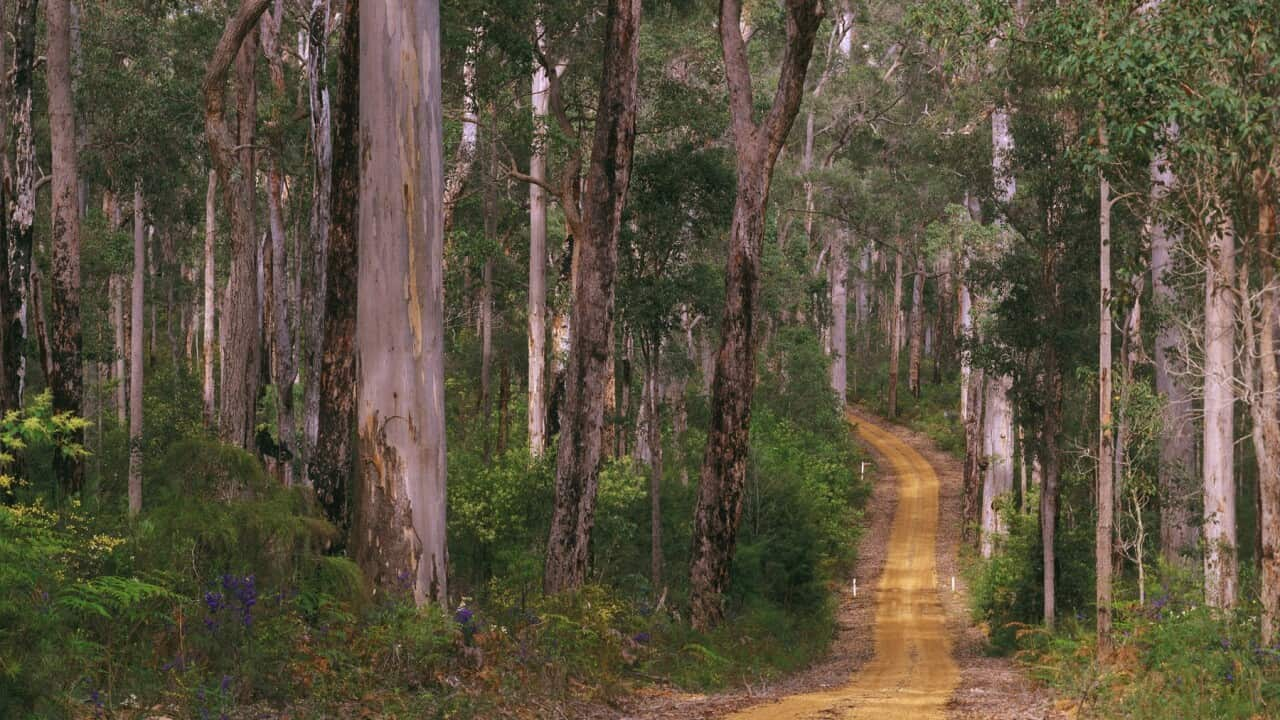It all began in the third week of February when an outbreak of 16 infections was identified in Codogno, a town in the province of Lodi in the Lombardy region of Italy. A few days later, Italy became the worst-hit country in the world by COVID-19 as the number of deaths and coronavirus cases in the country exceeded those in China.
Sergio Ramazzotti, who has travelled the world as a media person to cover many important stories, including war, natural disasters and epidemics, was in Bergamo, the epicenter of COVID-19 outbreak in Italy, that was also the focus of global media attention.
“None of us had ever expected that we would be documenting this kind of an event in our country," he says.
Mr Ramazzotti who covered the Ebola outbreak in Liberia in 2014, says he inevitably connects the situation in Italy to his experiences of covering health crises overseas.
"It was natural to draw parallels with the Ebola epidemic. Although it was certainly a more tragic situation given that the mortality rate for Ebola then was close to 95 per cent, but still, in some ways, it is also similar.”
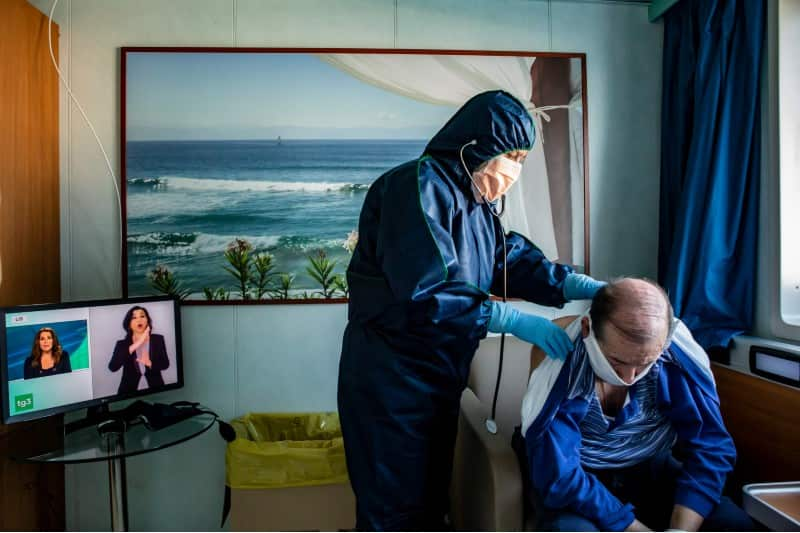
He says while images from the Ebola outbreak in Africa kept coming back to his memory as he covered the COVID-19 outbreak in his home country, it all felt different.
"Anyone who is accustomed to documenting the suffering of human beings far away from their own land, could always find solace in the end because they sooner or later would leave and go back to the security of their country," he told SBS Italian.
Death was knocking on our door. In fact, it had already entered the back door and had sat in our living room.
Only this time he was covering the events unfolding in his home country where almost the entire population was fighting against an invisible enemy.
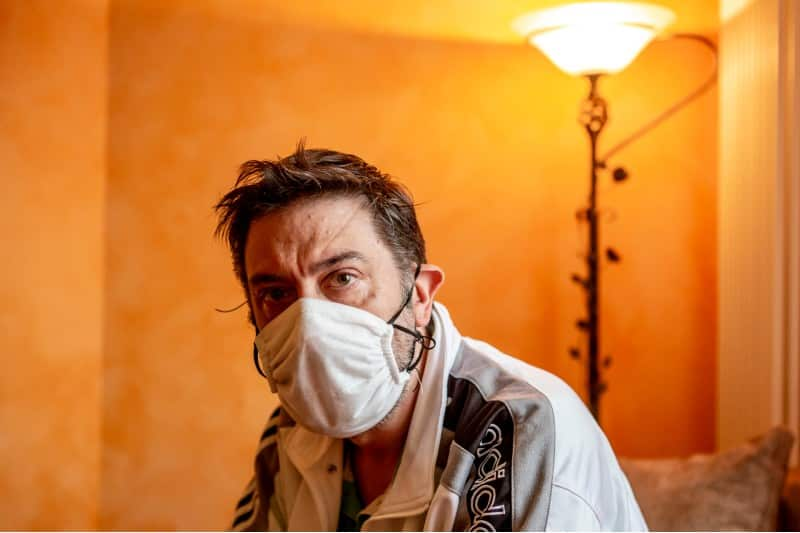
The country of 60 million has recorded over 33,000 deaths and 235,000 infections since the start of the COVID-19 virus as its health system was overwhelmed with a steady rush of patients despite the strictest lockdown measures the country had ever seen, being eventually extended to the entire country.
Mr Ramazzotti, a photojournalist with photo and video agency Parallelozero, says the deaths and damage caused by COVID-19 have left him "disoriented".
“I have always tried to put myself in the shoes of those who experienced that drama on their own skin. And I have never been able to fully identify myself in that perspective... how a human being must feel when the drama takes place in one's own land when it involves the loved ones and you can’t see the end of the tunnel."
But, he says, after COVID-19, he is able to relate to the people in the stories he documented in different corners of the world affected by wars, humanitarian crises and famines.
Like them, he says his "future perspective" is currently "very unclear, without a defined timeline in which we will be able to get out of the tunnel."
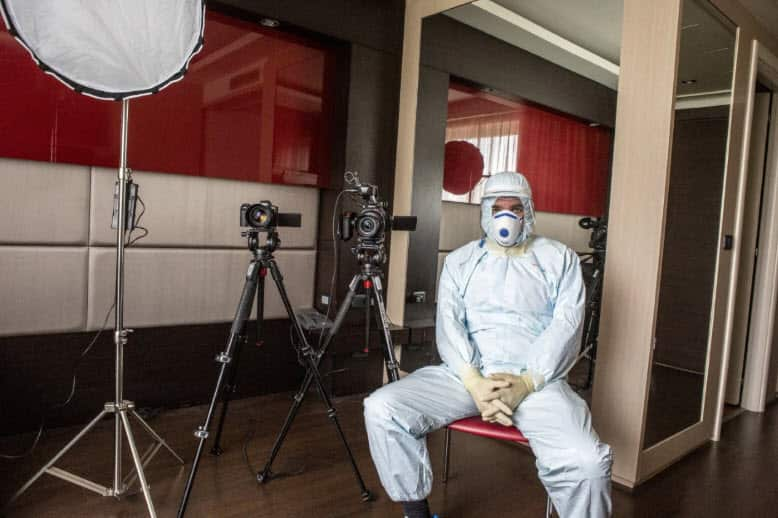
Mr Ramazzotti says powerful images are like "a punch in the stomach" which most prosperous western societies had ignored if they depicted the sufferings of people in war-torn countries.
"I call sick a world that does not recognise and turns its face away from the horrors of wars which, despite being far away, we have often contributed to fuel or blow up," he says.
But he says the COVID-19 crisis has hit the developed countries with a whole new reality.
"Today we are forced to open our eyes and see these images of compatriots who die because they are from very close. We realise that death was knocking on our door. In fact, it had already entered the back door and had sat in our living room."
People in Australia must stay at least 1.5 metres away from others. Check your state’s restrictions on gathering limits. Testing for coronavirus is now widely available across Australia. If you are experiencing cold or flu symptoms, arrange a test by calling your doctor or contact the Coronavirus Health Information Hotline on 1800 020 080.
The federal government's coronavirus tracing app COVIDSafe is available for download from your phone's app store. SBS is committed to informing Australia’s diverse communities about the latest COVID-19 developments. News and information is available in 63 languages at sbs.com.au/coronavirus

